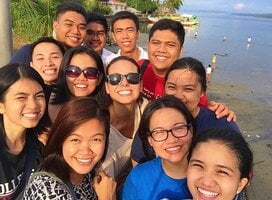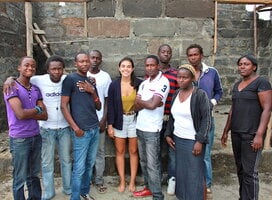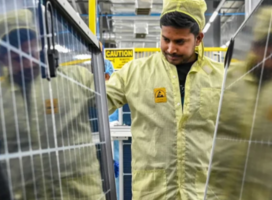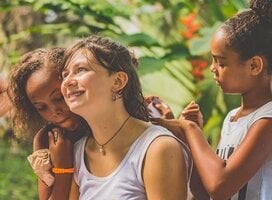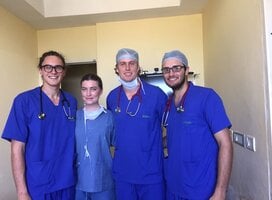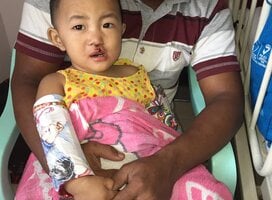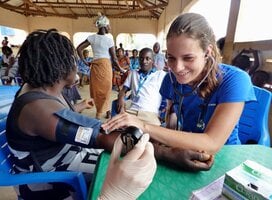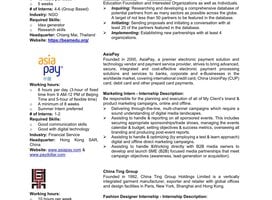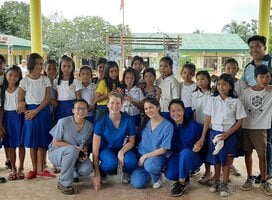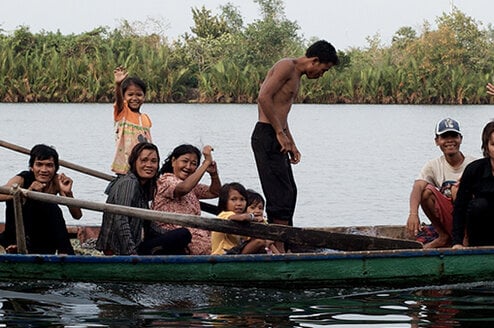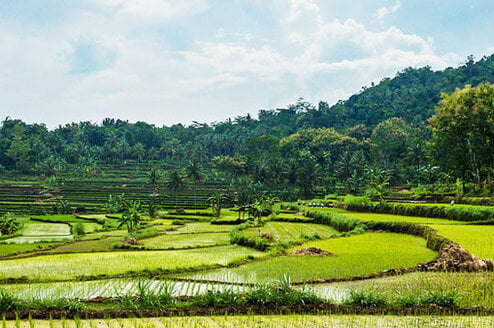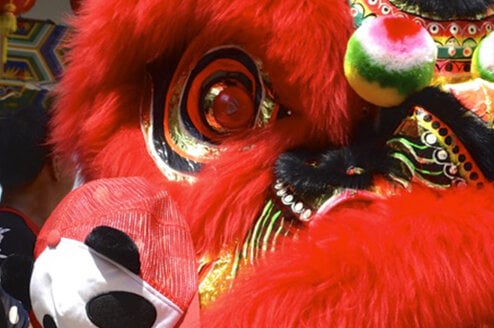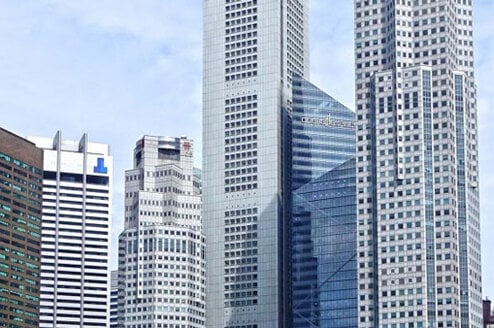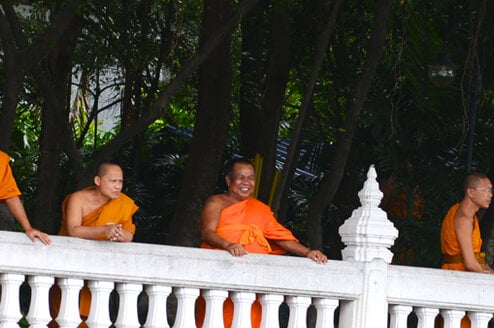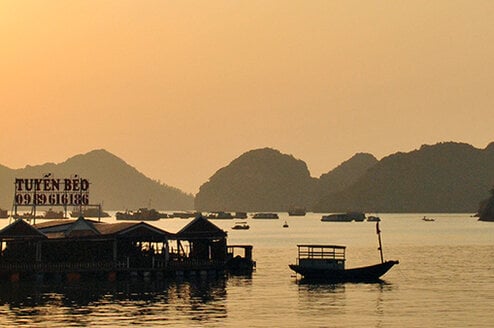Internships in the Philippines
An archipelago made up of over 7,000 islands, the underwater attractions of the Philippines are just as exciting to explore as the land itself. The country boasts world-class scuba diving sites and plenty of snorkeling.
Meanwhile the 2,000-year-old rice terraces of Banaue offer a lesson in sustainability. While island hopping in the Visayas, you can visit the magical Chocolate Hills and see one of the world’s smallest primates, the tarsier, up close. And the capital, Manila, is a bustling city home to over 14 million people. Here you get a taste of the complex history of the Filipinos while enjoying the lively nightlife, trying the street food and perhaps even catching a ride on their unique public transportation, the jeepney!
There are over 100 languages throughout the country, but English is the primarily language used in schools and the workplace. This makes the Philippines a great place for those interested in interning with limited experience abroad, especially in Southeast Asia.
Some of the main industries for internships in the Philippines are business, community development, healthcare and medicine, and education & youth development.
- Community development: Interns will find ample opportunity to work with non-profit and non-governmental organizations throughout the Philippines. While some of these internships will take place in the cities (Manila, Cebu City), they typically involve travel to small villages (barangays) to work with the communities themselves. In some cases, interns actually live within the communities.
- Business & Education: In Manila, you find much of the business and education work. As the finance and business hub of the country, most Filipino and international companies have their headquarters here. Meanwhile, due to the high rate of poverty in the city, you’ll find internships related to youth development and education through organizations working with street kids.
- Healthcare: If it’s healthcare that interests you, there are opportunities to work either in the city or out in the provinces, depending on your preference. The city boasts some fine hospitals and medical schools, while working with an organization in a rural setting can give you an idea of what challenges face low-resource health operations.
- Eco-tourism, environmental conservation and agriculture: These are also popular industries that are becoming increasingly important as the Philippines deals with tourism, an increasing population, pollution, and so on
When planning an internship in the Philippines, be aware that the timeline that they run off of might be different from what you are used to. Allow yourself plenty of time to research and apply and understand that correspondence may take longer than usual. If necessary, send a follow-up email or react out via phone to connect with the necessary people.
You will want to make sure you have time to apply for a tourist visa before you leave and if possible, to visit a travel clinic and complete any pre-trip assignments/research your internship may ask of you.
When and Where to Look
The majority of internships will be located in the cities - Manila, Cebu City or Davao City – while those in the fields of community development or education may find themselves in rural regions of the country. Internships can be found year-round for varying lengths of time. If you are looking to do a semester-long internship affiliated with a Filipino university, beware that their school schedule often differs from the West.
Cost of Living
The cost of living varies depending on where in the country you are located, with the metropolitan areas such as Manila being the most expensive. At the time of writing this, the exchange rate was about 41 Philippine Peso (PhP) to 1 USD.
Apartments in Manila range from PhP 14,500- 32,800 ($350-800), with the average cost being about PhP 20,500 ($500) for a one-bedroom in the city center. An average meal out costs PhP75-250 ($1.75-$6.00). The majority of interns do not work while they are abroad in the Philippines, as it can be very difficult to find work.
Work and Labor Laws in the Philippines
The minimum age for employment in the Philippines is 15 years old and children ages 15 through 18 may only be employed in non-hazardous work environments. Regular working hours are 8 hours per day, up to 5 days per week, with a required hour for mealtime, though not accounted for during the working period.
Etiquette
Like many other Asian cultures, the etiquette that dictates work relations is based upon respect for hierarchy. It is important to follow the chain of command and to remember your place as an intern. Hiya, meaning shame, dictates societal norms and relationships. Filipinos don’t want to look stupid or incompetent and therefore bring shame upon them, nor do they want to point out the mistakes of another person and bring shame upon him. This means that “Yes” may simply mean “perhaps” as Filipinos don’t like to disappoint. Appearance is very important and work attire is conservative. While in social functions you are expected to arrive late, in the business world you should be punctual.
Language
The national language is Filipino, though English is spoken throughout the country, especially in cities. The native language of each region differs. In Manila, the majority of locals speak Tagalog, while in Cebu City they speak Cebuano.
If you are interning with an organization that is mainly Filipino, they may break into their native tongue, especially when chatting casually. If you are working with local peoples, especially in rural communities, you have to work with someone from your internship to act as a translator. Filipinos are delighted when you make an effort to learn the basic phrases, even if those around you speak English.
Networking
Interpersonal relationships are very important to the Filipinos. Whenever possible, it is best to be introduced by a third-party. There are numerous accredited professional organizations, such as the Philippine Dental Association, which may be worth looking into for further professional development and networking.
